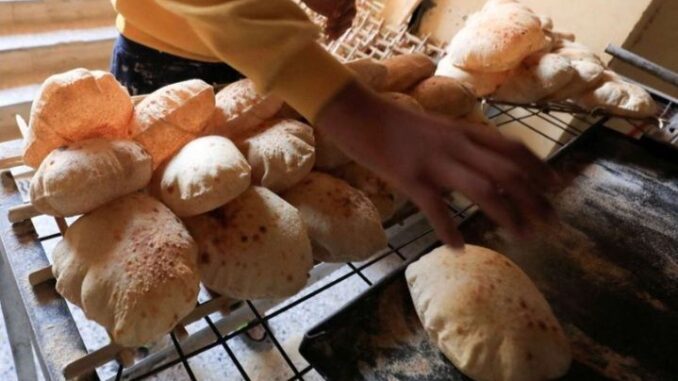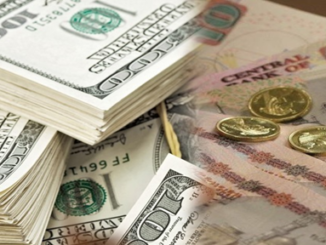
Professor of Applied Economics at Johns Hokings University says Egypt’s inflation is estimated at a stunning 85% a year, unlike much lower official inflation rates.
Acoording to a press release on January 10th. by the Central Agency for Public Mobilization and Statistics (CAPMAS), Egypt’s annual headline inflation rate increased to 21.9% in December 2022, compared to a record of 6.5% in December 2021.
The CAPMAS ascribed the year-on-year (YoY) increase in inflation to higher prices of the food and beverages segment by 37.9%, the prices of the housing, water, electricity, gas, and fuel by 6.7% and the healthcare segment by 13.6%.
However, Steve H. Hanks, professor of applied economics and founder and co-director of the Institute for Applied Economics, Global Health, and the Study of Business Enterprise at the Johns Hopkins University on 12 January 2023 tweeted, stating that: “On Jan 5, I measured Egypt’s inflation at a stunning 85%/year, which is why in this week’s inflation table, Egypt is in 5th. place. The IMF’s useless involvement in Egypt has done nothing to stop the Egyptian pound’s bleeding.”
Discounted bread
To battle accelerating inflation, Egypt’s government will start selling discounted bread to people not enrolled in its bread subsidy program according to a statement by the supply minister on Monday.
People will be able to buy 90g loaves at cost price using pre-paid cards, Ali Moselhy said, adding the price was yet to be decided but would be less than 1 Egyptian pound ($0.03), with a trial period starting on Wednesday.
“The point is to make this important commodity available without any exaggeration in profits by commercial bakeries,” he said.
Egypt’s government already provides heavily subsidised bread to more than 70 million of its 104 million citizens. Plans to reform the subsidies were postponed as a foreign currency shortage and inflation were exacerbated by the fallout from the war in Ukraine.
The latest decision could increase the amount of bread sold by the government by up to 10%, Moselhy said.
It was unclear if this would require the country’s state grains buyer, the General Authority for Supply Commodities (GASC), to increase imports. Separately, Moselhy said that following the recent approval of World Bank funding, GASC would “tender every week, God willing”.
Egypt is one of the world’s largest wheat importers, but private sector importers and mills have struggled in past months to pay for hundreds of thousands of tonnes of wheat stuck at ports, causing a spike in bread and flour prices.
Inflation has accelerated to five-year highs, and the currency has lost nearly 50% of its value since March 2021 as the government negotiated a $3 billion financial support package from the International Monetary Fund.
GASC had already started selling flour to private mills, as well as around 300,000 tonnes of wheat via a newly launched commodities exchange, to try to ease internal trade blockages.
Corn will also be sold on the exchange, Moselhy said, in order to address a feed shortage that led some farmers to cull chicks. His comments follow the announcement of a rare tender for yellow corn by GASC on Sunday.
Egypt aimed to procure about 4 million tons of wheat in its local harvest season which begins in April, Moselhy added. Last year the government said it procured 4.2 million tons.



